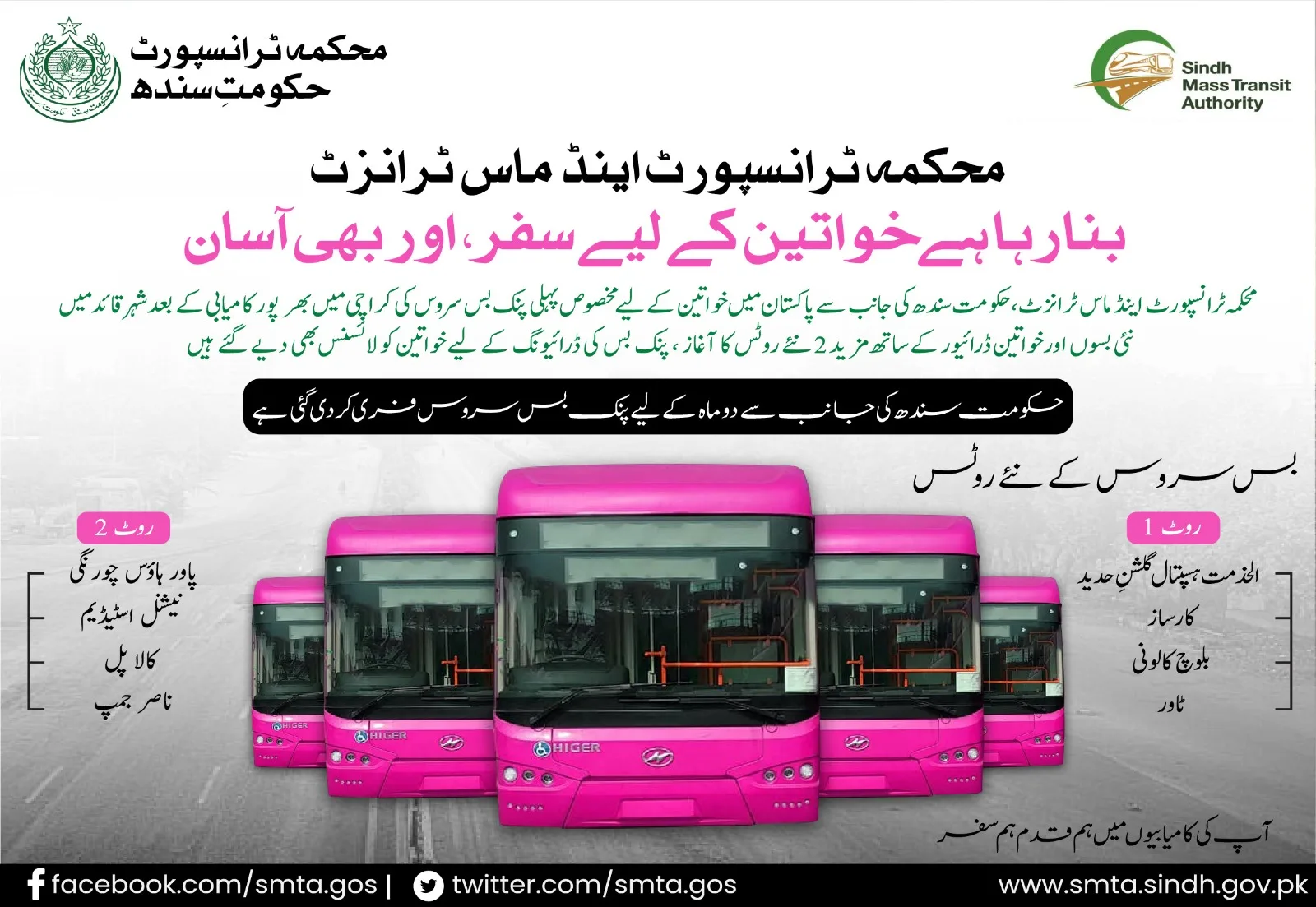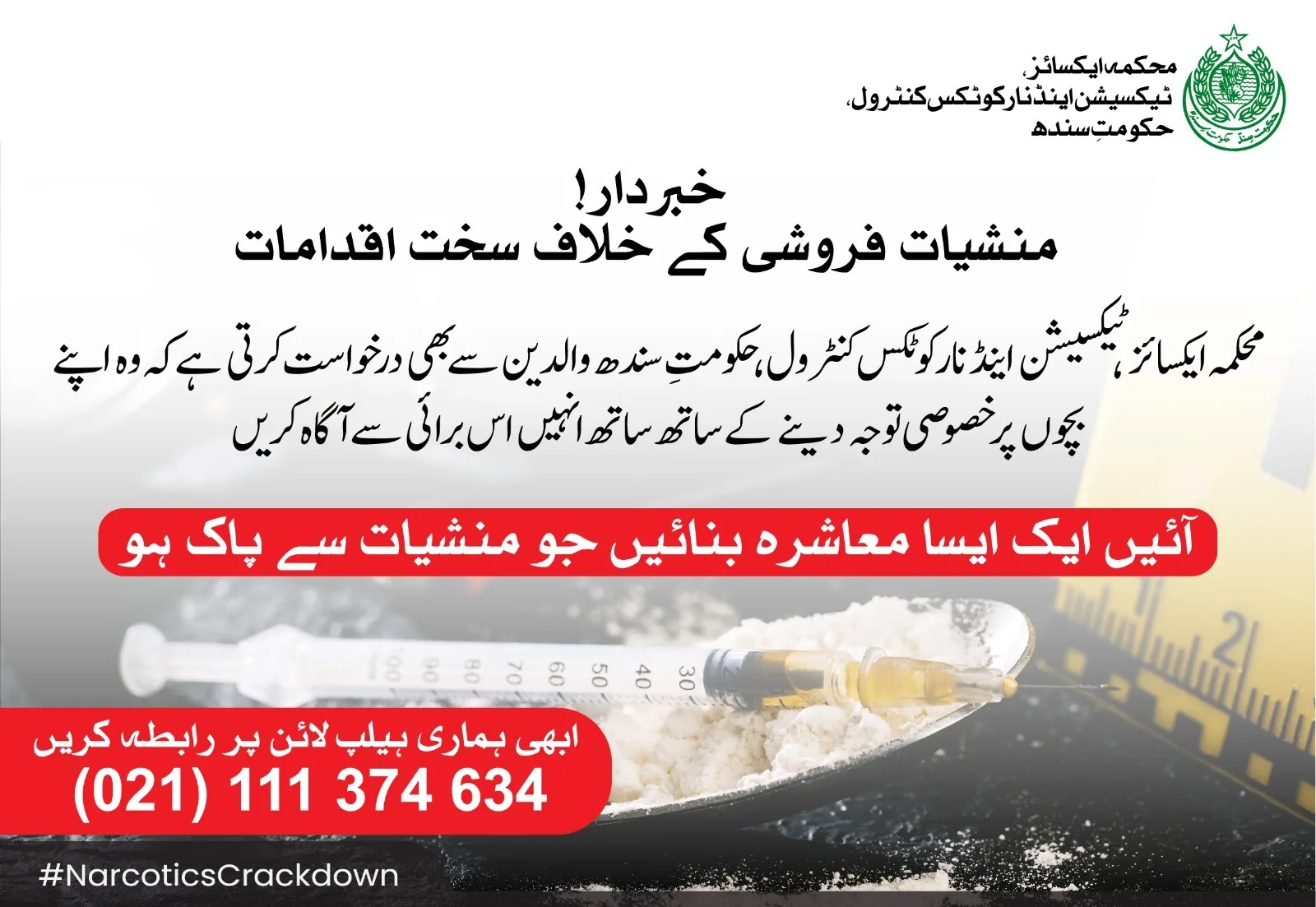Coronavirus and Blood Type: What is the connection?

Lahore (19th Mar, 2020): Scientists believe that a person’s blood type may make the individual more vulnerable to getting infected by the Coronavirus.
According to reports, scientists believe that certain blood types may have a higher risk of infection in comparison to others. As per latest research, they have inferred by means of investigating blood samples from approximately 2,173 patients infected by COVID-19 in Shenzhen and Wuhan hospitals, which served as the center of the outbreak in late 2019, in China.
London, hardest hit by the Coronavirus
The researchers compared information between samples from almost 3,694 healthy participants from Wuhan and nearly 23,386 from Shenzhen. Based on the results they have argued that a person’s blood type can help to identify how vulnerable they may be to developing COVID-19.
According to reports, the findings were published on medRxiv, which enables researchers to publish their findings in pre-print form so that debate may be started on the research among experts and research fellows, respectively. Reportedly, this method of transmitting information and research is significantly useful in the battle against containing COVID-19.
Coronavirus: Expert physicians in conversation with Mubasher Lucman
Based on their findings the researchers presented the following statistical breakdown for the 3,694 healthy participants:
- 32.16 percent Type A
- 24.90 percent Type B
- 9.10 percent Type AB
- 33.84 percent Type O
Meanwhile, out of almost 1,1775 patients at Wuhan’s Jinyintan Hospital:
- 37.75 percent were Type A
- 26.42 percent were Type B
- 10.03 percent were Type AB
- 25.80 percent were Type O
Moreover, the healthy study participants in Shenzhen were classified as follows:
- 28.77 percent Type A
- 25.14 percent Type B
- 7.32 percent Type AB
- 38.77 percent Type O
However, from almost 285 COVID-19 patients in Shenzhen region, researchers discovered that:
- 28.77 percent were Type A
- 29.12 percent Type B
- 13.68 percent Type AB
- 28.42 percent Type O
COVID-19, threatening the healthcare workers
Furthermore, they stated that approximately 113 patients in Wuhan and 285 in Shenzhen were also monitored. They argued that a “similar distribution pattern was observed” in patients from hospitals in Wuhan and Shenzhen, respectively. Consequently, they concluded that individuals with Type A blood are more likely to develop COVID-19 in comparison to other groups [non-A blood types]. Furthermore, they confirmed that Type O blood group is least likely to be infected by the Coronavirus.
They argued that while the above statistics could be examined by studying “certain antibodies” in the blood, nonetheless, more research needs to be done to support the findings. They added that based on their findings, individuals with blood Type A might need to have “particularly strengthened personal protection” if they wish to reduce their risk of infection.
Coronavirus: Pilgrims from Taftan border, virus carriers?
Moreover, the researchers stated that people with this blood type might need “vigilant surveillance and aggressive treatment”. They added that identifying a person’s blood group as a routine part of COVID-19 testing would make it easier for medical health workers to treat those affected pertaining to not just COVID-19 but also other infections from the Coronavirus family. Additionally, they reiterated that the study is limited and thereby encourages need for further research on the subject.
According to reports, so far there are no “biological markers” as confirmed by experts which may help in predicting how vulnerable a person may be to the risk of SARS-CoV-2, or COVID-19. Furthermore, based on provided data, study authors believe older people especially men, are at a higher risk of contracting the infection. Moreover, Gao Yingdai, who is a researcher in Tianjin, that the study on connection between risk of susceptibility and blood group is limited primarily due to the small sample. Gao further added that the study authors have provided insufficient explanation for their observation which adds to the study limitations.
COVID-19: Government offices closed in Punjab
According to Gao Yingdai, while the study may be helpful to health-workers it is should not be taken “too seriously” by the public. She added that if a person is Type A he/she should not panic because it does not guarantee that you “will be infected 100 per cent” or that you are completely safe in case you have Type O blood group. Gao stressed that the global community should focus n washing their hands and following guidelines issued by the authorities such as the World Health Organization (WHO), or your local health professionals.
Coronavirus: American author believes Nostradamus predicted the virus
Stay tuned to Baaghi TV for more updates.












